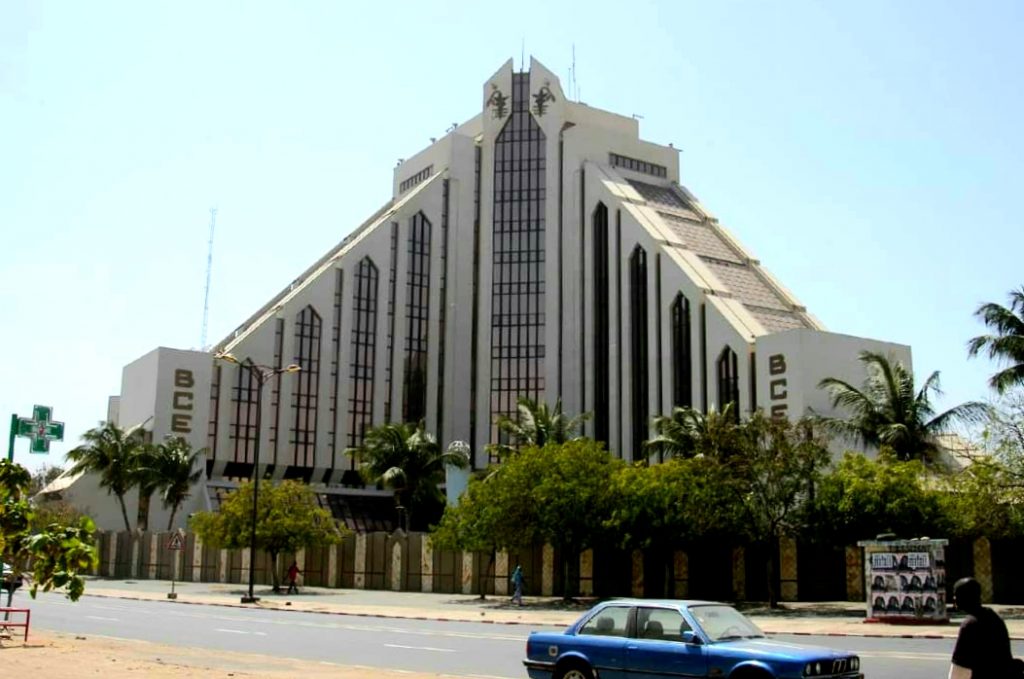Financial inclusion is recognized as a crucial driver for economic and social development.
François Etienne Déthié Sène, BCEAO’s national director in Senegal, emphasized its importance: “Financial inclusion is a priority for public authorities and international financial institutions due to its benefits in reducing poverty and inequality.
It is also essential for stimulating economic growth and wealth creation.”
Since the adoption of SRIF in June 2016, notable progress has been made across the region.
The use of financial services has significantly increased, from 47% in 2016 to 71.4% in 2023, largely thanks to the development of digital financial services and continuous efforts by sector stakeholders.
However, the initial goal of 75% has not yet been reached, highlighting ongoing challenges for WAEMU authorities.
In Senegal, the banking sector plays a key role, but the bank account penetration rate stood at only 22.39% in 2023. A large segment of the population remains excluded from basic banking services, limiting their economic opportunities.
“We must redouble our efforts to improve access to financial services and increase the bank account penetration rate,” added the national director.
Conversely, the microfinance sector has shown remarkable growth, with 4.3 million members/clients in 2023, outstanding loans amounting to 752 billion CFA francs, and deposits reaching 570 billion CFA francs.
The microfinance network operates 1,082 active outlets, demonstrating its capability to efficiently serve a broad customer base.
Electronic money, with a usage rate of 59.86%, remains the primary catalyst for financial inclusion, facilitating access to financial services in areas underserved by traditional banks.
The national workshop aims to bring together stakeholders to discuss strategies and actions to enhance access to financial services for individuals, households, and businesses within WAEMU.
Bamba Ka, Director General of the Financial Sector at the Ministry of Finance and Budget and Chairman of the National Committee for the Implementation of SRIF, expressed gratitude towards BCEAO’s efforts: “Financial inclusion is a crucial lever for wealth creation and social inclusion.
Thanks to the regional strategy, we have improved access to and use of financial services within WAEMU, although challenges remain.”
Senegal’s National Financial Inclusion Strategy for 2022-2026 aims to achieve a 65% access rate for the population and 90% for small and medium-sized enterprises (SMEs).
Currently, over 50% of the Senegalese population lacks access to a bank account, and only 9% of adults save within a formal financial institution, posing challenges for economic financing.
“A national financial inclusion strategy, coupled with a financial education program, will enhance domestic savings and support economic growth in Senegal,” stated Bamba Ka, representing the Minister of Finance and Budget.
BCEAO, in collaboration with its partners, aims to redefine its goals and identify new initiatives to address emerging challenges and strengthen access to financial services across the region.
Future steps include improving financial education, reducing the costs of accessing financial services, and extending these services to rural populations, youth, women, and SMEs.
“We can and must do better,” stressed François Sène, calling for increased support from financial and technical partners to support this endeavor.
The BCEAO and its partners are working towards greater financial inclusion within WAEMU, showing promising yet improvable results.
The revision of the regional strategy, combined with targeted national efforts, provides a clear roadmap for a more inclusive and equitable financial future for all.




